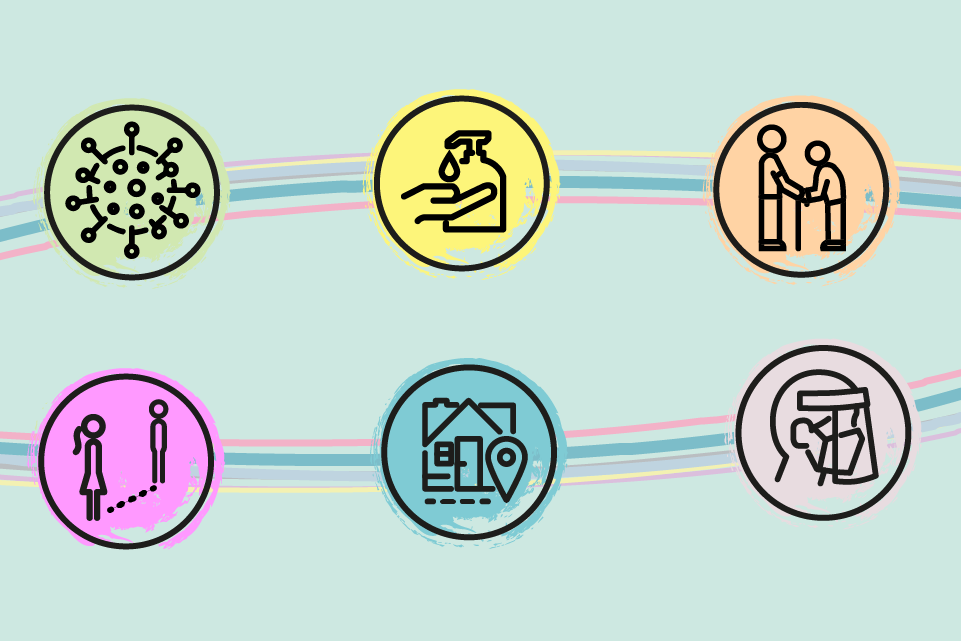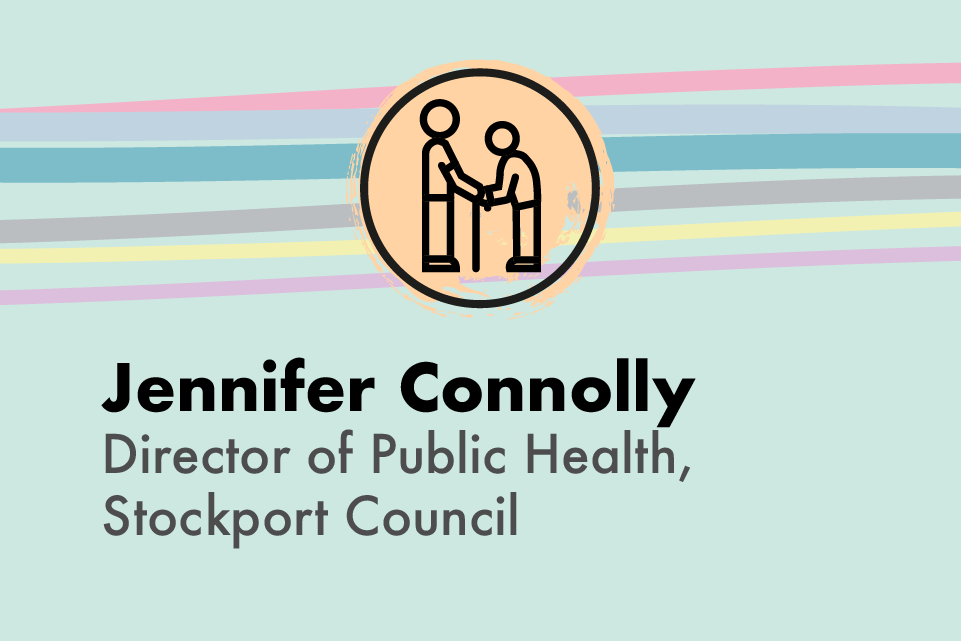An interview with Dr Melanie Smith, Director of Public Health, Brent Council.
This is part of a series of interviews with public health directors, published on 19 April 2021
As Director of Public Health in the London borough of Brent, Dr Melanie Smith quickly found herself in the deep end of the pandemic back in March last year. The local hospital, Northwick Park, was one of the first NHS trusts to declare a major incident following a surge in Covid admissions.
“It happened so quickly. It was very frightening for our communities and put incredible pressure on our local NHS. Patients were coming in to the hospital in a very bad way. They were very sick. In hindsight, it is clear we just did not know quite how widespread the virus was. The lack of testing meant we could not see what was happening until it hit the hospitals.
“By comparison, the second wave was easier to deal with, although it still demanded an incredible response from the NHS. Even though the new variant spread faster in the community, we were better able to predict how this would impact on the hospitals and the NHS had more experience of treating patients with Covid and we had the systems in place to protect communities much more.”
Dr Smith said the two things she remembers most from those early weeks was the council’s efforts to provide food and support to vulnerable residents who were shielding, repurposing one of our leisure centres as a food distribution point, and the scramble to get hold of PPE.
“The care sector simply could not get hold of it. We sourced it for them, but even then it was clear that they needed guidance on how to use it. We did a lot of online training in simply donning and doffing the PPE.”
‘My worst moment’
As the first wave started to subside, Dr Smith said locally they were very aware of how the virus had disproportionately affected ethnic minority groups. “We have a very diverse population – but we could see from the numbers in hospital that black and South Asian communities had been affected the worst.
“I remember when the Office for National Statistics first published a report on this in late spring. It was just awful. It is probably the worst moment of the pandemic for me – to see just how bad it was.
We knew there had been local communities where large numbers had been affected, where everyone knew someone who had died and where people had not been able to say goodbye to their loved ones or have proper funerals and services. It was very distressing.
The disproportionate impact on deprived and ethnic minority communities was one of the reasons why Brent was chosen to pilot one of the very first walk-in testing centres. A basketball court in Harlesden was used.
Dr Smith said: “Testing had started at the regional drive-through centres. We had one at the Ikea in Wembley. But it was, of course, based on the idea that you have a car. We know in some of our communities car ownership is low and they were the communities that were worst hit in that first wave.
“The Department of Health and Social Care came in and worked with us. I remember when they first started explaining how it was going to work. They said ‘people will register online and then come in with the code on their smart phone’ – the assumption was that everyone would have a phone.
“We had to explain that was not the case and the test site operators were very good. We set up work arounds so people could register using a generic council email and phone number and we had people there to help those without phones.
“It is about finding solutions and having flexibility to reach out to those communities who would otherwise be left behind. That has been one of the key lessons of the pandemic for me – and has been a real strength when local government has been involved.
“It is also about gaining the trust of local communities. Again, this is where local government comes in because we have that close relationship with our communities. When the test centre was launched one of the community leaders did a video of himself getting tested - hearing from people who are respected in the community is a really powerful tool.”
‘We’ve worked with our communities’
This is a tactic Brent has used throughout the pandemic – the council has a network of around 20 community champions it works with as well as informal relationships with many more.
“Not everybody wants to be a formal champion – some want to do it on their own terms.
Elected members have been vital too – they are drawn from these communities after all.
“Recently it has helped us with the vaccination programme. Very early on we were hearing about concerns – fertility was a key issue for some. So, we have put on a series of webinars where people can ask questions. We have had a big focus on communication.
“We worked with a pastor from a local evangelical church as well as doctors and scientists from those communities. One webinar had more than 1,000 people attend.”
Another strand of work on vaccination has involved library staff, whom Dr Smith manages. “Because they are only running a limited service, we have started an engagement exercise.
Librarians are phoning people who have not come forward to find out why. Some of it is down to concerns about the vaccine, but some is practical – they are saying they cannot get the vaccine centre or feel uncomfortable about going to the one of the big centres.
“We try to find solutions – we are starting to do some pop-up vaccination clinics in mosques and community centres. We are also going to run a mobile vaccination bus and tour communities.
“We know from the GP records we are seeing some progress with uptake levels across different ethnic groups and communities that had lower uptake initially.
“This, for me, is perhaps one of the biggest positives to come out of the pandemic – the focus on inequalities. A year ago there would not have been the emphasis on it like there is now.
“I hope when we come out of the pandemic we can retain that. We have used the government Covid champions money to create some paid health educator roles to work in our communities. We want to make sure the lessons of the last year are not forgotten.”



